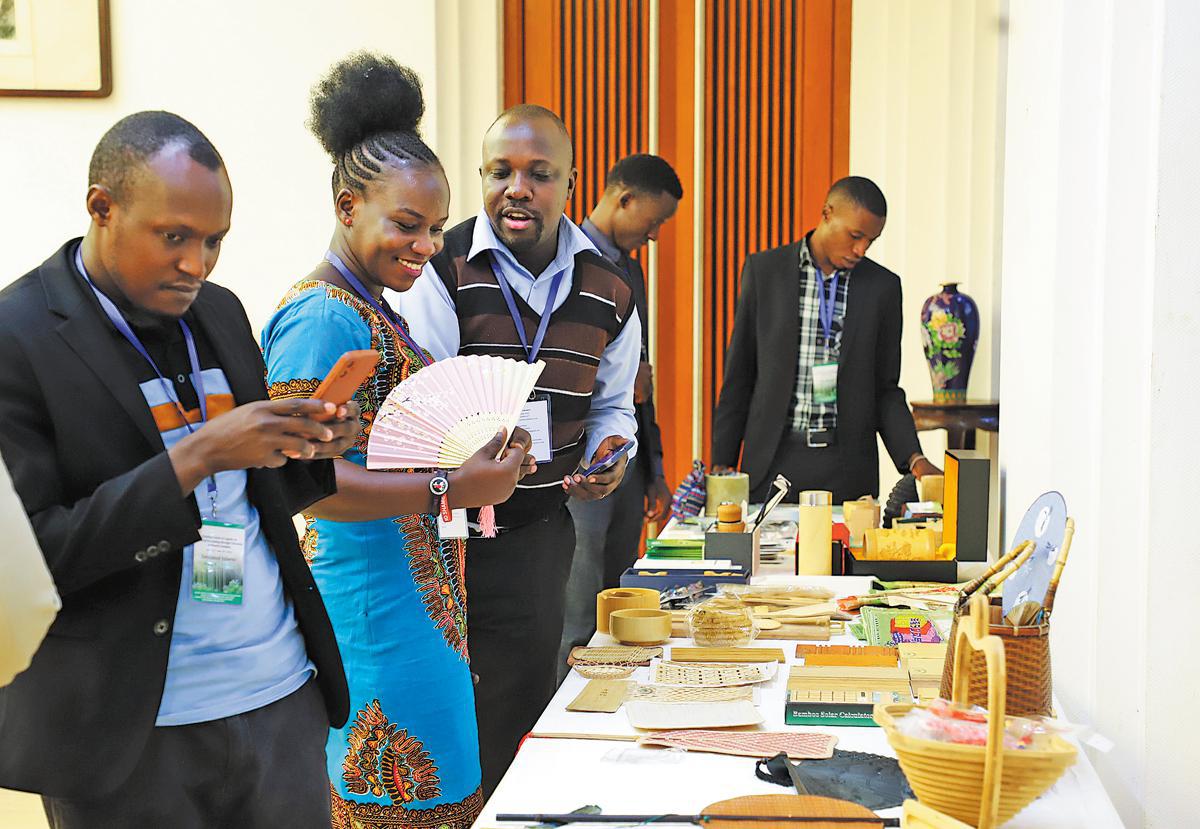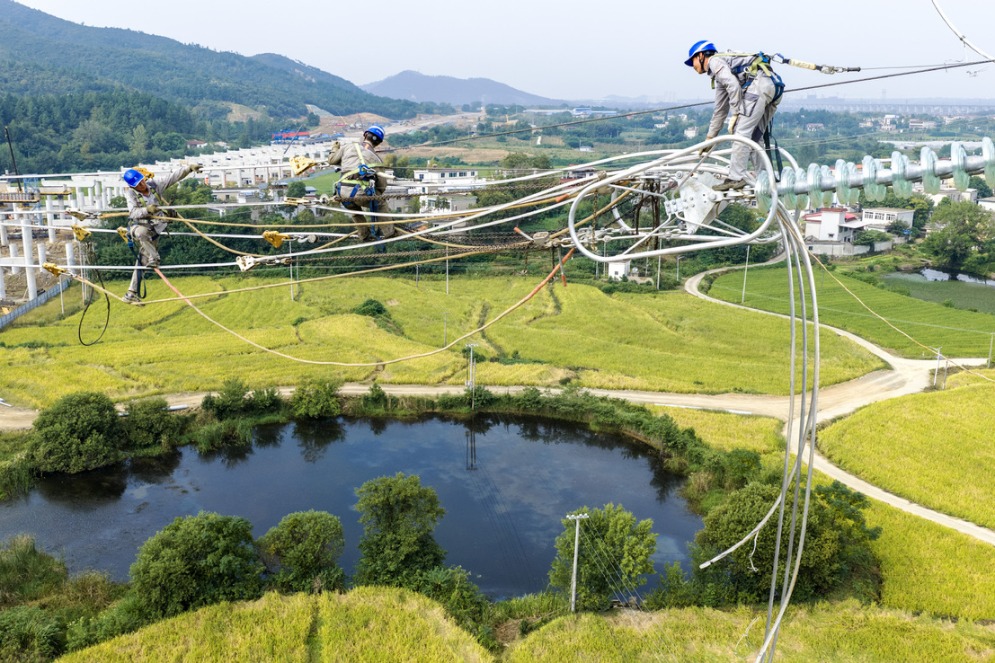Experts share experiences in environmental governance
International training programs promote knowledge, technical expertise for better approaches to forestry, conservation and climate change


Running since 2007, the seminars are organized by the NAFGA as part of the aid training framework of the Ministry of Commerce and the China International Development Cooperation Agency.
During the two-week seminar, instructors from various institutions explained China's environmental systems, policies, practices and technologies. For example, the forestry seminar covered topics such as forest law, the application of monitoring technologies in forestry surveys and collective forest ownership in China.
Sera Vere, a forest ranger from Fiji's Ministry of Forestry, said the program was an opportunity to strengthen her skills in modern forest monitoring and to contribute more effectively to Fiji's sustainable forest management under climate change.
"China's use of advanced satellite and drone technologies to map forest cover, monitor changes and assess biomass can be directly applied to my work in forest resource assessment in Fiji," she said.
She noted that one of the biggest challenges in Fiji is the lack of structured incentives or compensation for communities engaged in tree planting. "This training introduced the concept of carbon trading, where communities can benefit financially by maintaining and restoring forests," she said.
Agnes-Zsuzsa Keresztesi, scientific director of the Research and Development Institute for Wildlife and Mountain Resources in Romania, said she was particularly interested in China's practices to mitigate human-wildlife conflict. "The training offered valuable insights into building an elephant-smart community and ecological corridors in China, which I can apply to help reduce conflicts between brown bears and humans in our region and build a bear-smart community," she said.
























